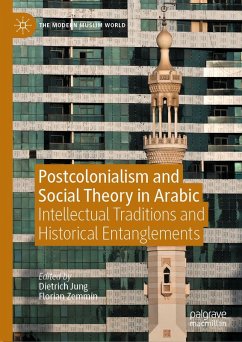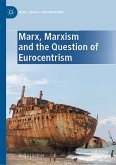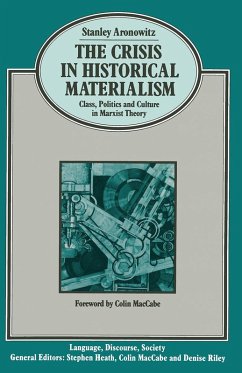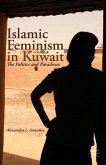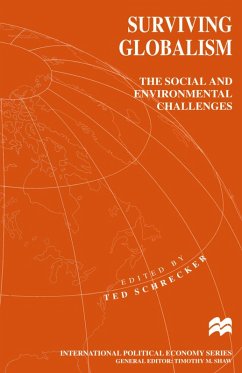This book provides a turn of perspective. The authors critically reflect upon the concepts of so-called Western social theory by engaging with social theory in Arabic. Questions addressed include: What are the concepts, themes, and historical narratives in contemporary Arabic social theory? In which ways do Arab social theorists provide us with alternatives to the conceptual apparatuses employed by so-called Western social theory? To what extent are Arab and Western social theories entangled with each other?
Dietrich Jung is a professor in Middle East and Islamic studies at the University of Southern Denmark in Odense, Denmark.
Florian Zemmin is a professor of Islamic studies at Freie Universität Berlin, Germany.
Dieser Download kann aus rechtlichen Gründen nur mit Rechnungsadresse in A, B, BG, CY, CZ, D, DK, EW, E, FIN, F, GR, HR, H, IRL, I, LT, L, LR, M, NL, PL, P, R, S, SLO, SK ausgeliefert werden.

